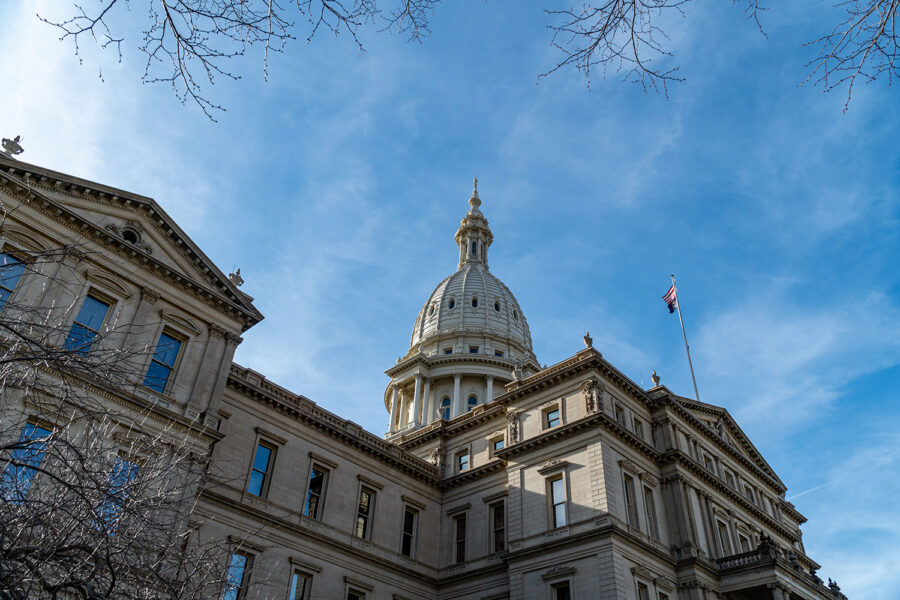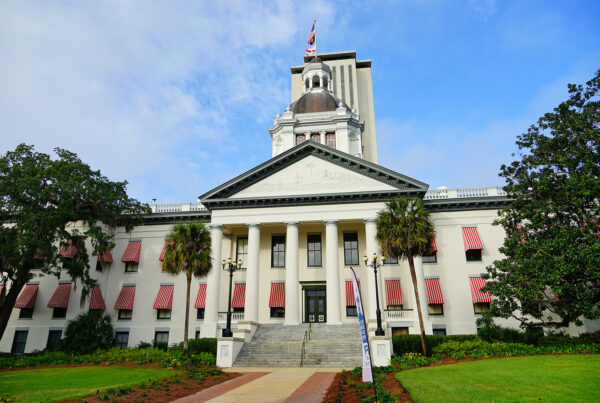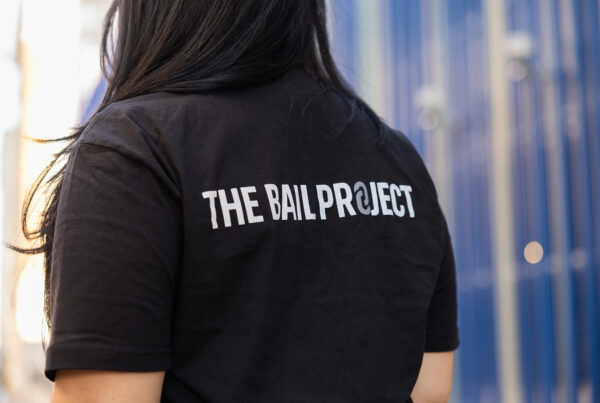Press Contact: Jeremy Cherson, Director of Communications
FOR IMMEDIATE RELEASE:
(LANSING, MI) — Today, as Michigan’s House of Representatives concludes its work for the year, it’s clear that the state will close its 2024 legislative session without passing a historic, bipartisan package of commonsense pretrial reforms (House Bills 4655-4662). The Bail Project issued the following statement in response:
“The Bail Project is disappointed that the Michigan legislature left a commonsense, bipartisan package of pretrial reforms on the table this session. These reforms had the potential to safeguard public safety, ensure due process, and prevent unjust wealth-based detention. By failing to act, lawmakers leave 16,000 Michiganders languishing behind bars each day, many facing minor charges, simply because they can’t afford bail. Without this change, the state’s broken pretrial system will continue to separate thousands of people from their jobs, homes, and families, and burden Michiganders with spending half a billion dollars each year to detain legally innocent people.
Yet again, justice and safety have fallen victim to political inaction. But the fight for a fairer pretrial system remains urgent. Nearly a dozen jurisdictions across the country have successfully reduced or eliminated cash bail without compromising community safety. We hope Michigan lawmakers will watch, learn, and act in the next legislative session.
Despite this setback, we are deeply grateful to our advocacy partners, whose efforts ensured the House Criminal Justice Committee heard testimony on this bill package and built meaningful momentum toward addressing Michigan’s crisis of wealth-based detention.”
About House Bills 4655-4662:
The Bail Project was a key advocate and partner in shaping Michigan’s pretrial reform package. Within Michigan, The Bail Project has supported 618 clients by providing bail assistance, court notifications, transportation, and/or voluntary referrals to social services, resulting in a 95% court appearance rate, 36% dismissal rate, and revolving funds to support more clients.
- HB 4655 would have required judges to release individuals charged with low-level, non-violent offenses without money bail. For bail-eligible cases, judges would have had to assess ability to pay and can only set money bail if the person poses a risk or meets specific criteria (e.g., charged with serious offenses or absconding). Serious violent offenders would still be detained without bail. Court reminders would ensure compliance.
- HB 4656 would have limited restrictive conditions (e.g., GPS monitoring) to the least necessary. GPS monitoring would only apply to certain offenses if risk is demonstrated. Individuals could request condition reassessment after 60 days of compliance. Those detained for 48+ hours could request a new hearing to reassess bail.
- HB 4657 would have established a statewide pretrial services system offering court reminders, transportation help, and referrals for mental health, substance use, education, or job assistance to improve pretrial outcomes.
- HB 4658 would have required release without money bail for non-serious misdemeanors unless risk is demonstrated. Interim bond for serious misdemeanors would be capped at 50% of the offense’s maximum fine.
- HB 4659 would have repealed “bail for traffic offenses or misdemeanors” to align with HB 4655.
- HB 4660 would have eliminated receipts for surrendered driver’s licenses to align with HB 4655.
- HB 4661 would have ended mandatory pretrial detention for unpaid child support to align with HB 4655.
- HB 4662 would have ensured trials are completed within 18 months, with exceptions for delays caused by the defendant, victim needs, natural disasters, or other justifiable reasons.
Thank you for your valuable attention. The urgency and complication of the cash bail crisis requires meaningful participation to create real change – change that is only achieved through the support of readers like you. Please consider sharing this piece with your networks and donating what you can today to sustain our vital work.












